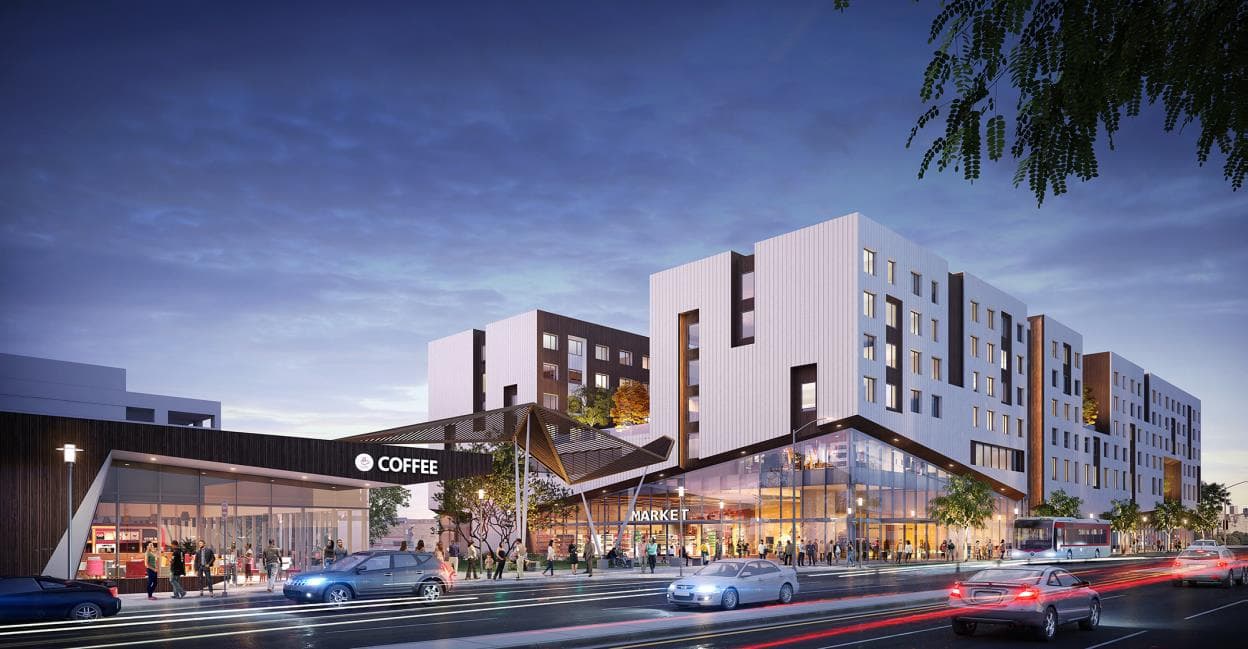Nixon Peabody began working with New England Center and Home for Veterans (NECHV) on an ambitious plan to revitalize their facility on Court Street in downtown Boston, and has served as a trusted advisor to the organization ever since. NP also partnered with NECHV to serve meals to veterans as part of our recent Week of Service.
Tell us a little about yourself and the New England Center and Home for Veterans
We’re a private nonprofit corporation based in downtown Boston that provides an array of human services, including housing and employment services, to vulnerable veterans in our communities. A group of vets who served in Vietnam founded the organization more than 30 years ago to help their fellow service members who were experiencing homelessness. For the past 12 years, I’ve had the privilege of serving as the organization’s president and CEO. As a Boston native and a 30-year Navy man myself, it’s been an honor to contribute to this organization’s mission of supporting the people who have stepped up to serve our country in uniform.
What impact is the organization making on veterans today?
It’s important to remember that many veterans find great fulfillment and great success after their service has concluded. So we’re happy to say that only a small percentage of the total veteran population need the types of support we provide. The people who do come to us for assistance are facing significant challenges and complexities—homelessness, involvement with the criminal justice system, substance abuse, behavioral health challenges, family estrangement, and more. Our goal is to provide them with a path to independent, dignified living.
Is there a specific project you’re particularly proud of that you’d like to share?
NECHV first connected with Nixon Peabody about 10 years ago. At the time, we were looking to transform our facility here in downtown Boston. It’s a great building in an unrivaled location that supports our mission, but it was old. We needed to make significant upgrades because the space wasn’t suited to offering the services our veterans really need.
We began looking for legal counsel who could go on this journey of revitalization with us—guide us through the complexities, help us identify funding, and so on. We were introduced to Nixon Peabody’s Affordable Housing & Real Estate team, including Jeff Sacks, and that began a very fortuitous relationship. The firm was able to advise us on ways to garner more resources, more capital funding to create a better facility, and a more comfortable living environment for our veterans.
The Center relies on both public and private funding. Securing that funding requires strong relationships throughout the business community, the city of Boston, and the commonwealth of Massachusetts. Nixon Peabody is our government relations counsel, they’re our legal counsel, and in many ways they are our business and community advisors. The value of that is unquantifiable. That’s why we call our facility “the house that Jeff Sacks built.”
Why do you do the work you do?
The US military is a unique institution in our country. Of course, the military is our nation’s defense force, but for many Americans, it’s also a pathway toward personal development, education, and future success. During my 30 years in the Navy, I worked with so many young Americans—from all across the country, some of them coming from very difficult circumstances—who were looking for opportunities to better themselves and give back to their country. It was so rewarding to see them grow personally, develop their leadership skills, take ownership, and achieve personal success.
This is the backdrop for the services the Center provides. Many veterans leave the service highly prepared for a successful future, others experience difficult challenges. They’re the folks that many times people would see on the street and look away because they’re invisible. People don’t want to see them. NECHV has a staff of almost 100 human services professionals and they work every single day with veterans to restore their humanity, to restore their hope, and to give them a sense of self and a pathway so they can live with independence and dignity.
What do you see as a major opportunity or challenge for your organization?
One of the major challenges facing our organization—and the veteran population in general—is aging. The median age of veterans in the United States is in the late 60s, and many vets are in their 80s and 90s. For all veterans, but especially those who use our services, the questions are, How do you age with dignity? How do we put structures in place so people can age with the appropriate supports, independently in their own homes? We can’t merely provide stable housing, we have to provide stable housing with the supports that would allow our vets to age into their 60s, 70s, and beyond with appropriate medical care and support for the needs of daily living.

